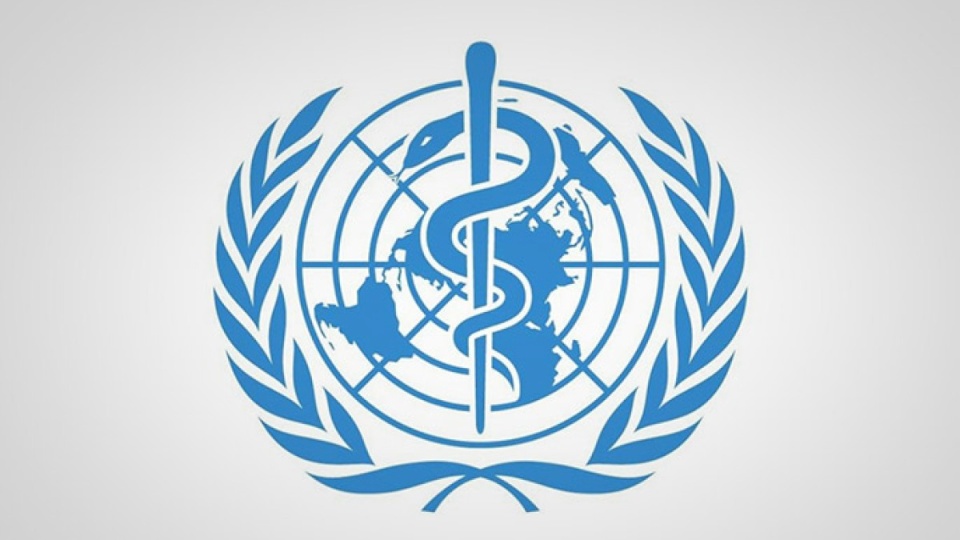
"World Health Organization": 42,000 People in Gaza Suffer Injuries That Changed Their Lives
SadaNews - The World Health Organization reported that 42,000 people in Gaza are suffering from injuries that have changed the course of their lives, with a quarter of these injuries occurring among children.
According to a report published by the World Health Organization (WHO) today, Thursday, those injured in Gaza will require care and rehabilitation for many years to come, as life-changing injuries represent a quarter of the total reported injuries, which have reached 167,376 people since October 2023. Meanwhile, over 5,000 people have faced amputations.
The organization noted that other severe injuries are prevalent, including injuries to the arms and legs, spinal cord injuries, brain injuries, and severe burns, increasing the need for specialized surgical services and rehabilitation, profoundly affecting patients and their families across Gaza.
The report highlighted the prevalence of complex facial and eye injuries, especially among patients listed for medical evacuation outside Gaza, conditions that often lead to deformity, disability, and social stigma.
According to the WHO, there were around 1,300 physiotherapists and 400 occupational therapists in Gaza. Many of them have been displaced, while the Israeli occupation has killed at least 42 of them as of September 2024.
In a press conference, WHO Director-General Tedros Adhanom Ghebreyesus stated that two years of conflict have resulted in the destruction of the health system and inflicted significant suffering on Palestinians.
He added: "The destruction of civilian infrastructure in Gaza is immense and will take a long time to rebuild. The damage inflicted on people physically and mentally is worse than that. New data from the WHO illustrates the extent of the damage sustained by the people of Gaza and their health system."
He confirmed that rehabilitation services are also necessary for people suffering from non-communicable diseases and disabilities.
He clarified that the WHO has supported the evacuation of 7,841 patients for medical treatment outside Gaza since the war began. Since the closure of the Rafah crossing in May last year, the WHO has taken responsibility for coordinating all medical evacuations. Most of these evacuations are for trauma injuries (brain injuries), cancer treatment, heart diseases, eye care, and congenital deformities.
He mentioned that Egypt, the United Arab Emirates, Qatar, Turkey, Jordan, and countries in the European Union have been among the largest recipients of evacuated patients from the region.
Tedros indicated that 15,600 patients are still awaiting medical evacuation, including 3,800 children.
He added: "Currently, we can only conduct evacuations once a week. I call for more countries to receive these patients. I urge the resumption of medical evacuations to the West Bank, including Jerusalem, and I call for an increase in the frequency of evacuations."
Tedros noted that health and humanitarian workers, including WHO staff, have been working on the ground under harsh and unsafe conditions, "with minimal supplies, food, transport, and fuel. Some have paid the ultimate price."
For his part, WHO representative in the occupied Palestinian territories, Rick Peeperkorn, clarified that there are only eight specialists for prosthetic manufacturing in Gaza.
He pointed out in an intervention from Deir al-Balah in Gaza to journalists in New York, that displacement, malnutrition, and lack of assistive supplies mean that the real burden of rehabilitation in Gaza is much greater than the numbers presented in the report.
The UN official added: "We would like to emphasize that injuries caused by the conflict also carry a deep psychological impact, as survivors struggle with trauma and loss, while mental health and social support services remain scarce. This includes caregivers and their families, whom we also focus on in terms of mental health."
Peeperkorn asserted the importance of integrating and expanding psychosocial support alongside rehabilitation, the urgent need to ensure protection for healthcare, unobstructed access to supplies and fuel, and removing restrictions on the entry of essential medical supplies, including assistive devices.
He called for ensuring ongoing investment in supporting and rebuilding a stronger health system in the future, including rehabilitation services in Gaza. This includes linking care to mental health, making services inclusive for people with disabilities, training more specialists, and ensuring support from hospitals to community care.

U.S. War Secretary: The Iranians' Time Is Over

A Potential Successor to His Father.. Mojtaba Khamenei Survives Attack on Iran

الاحتللال الإسرائيلي تصدر أمر إخلاء لسكان جنوب لبنان

Occupation notifies of the seizure of 3.9 dunams of land in Jaba' south of Jenin

Israeli Army Announces Downing of Iranian Warplane and Broad Strikes on Tehran

The toll of martyrs in Gaza rises to 72,116

Occupation Continues to Close Al-Aqsa Mosque for the Fifth Consecutive Day

